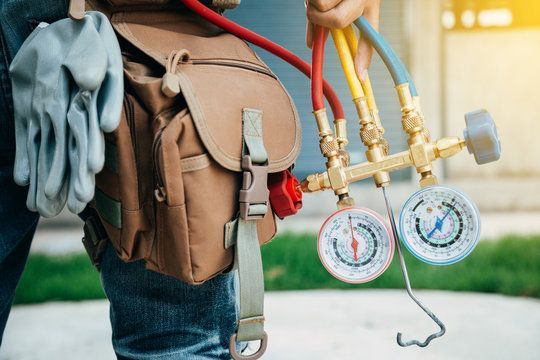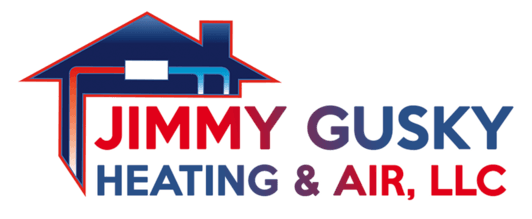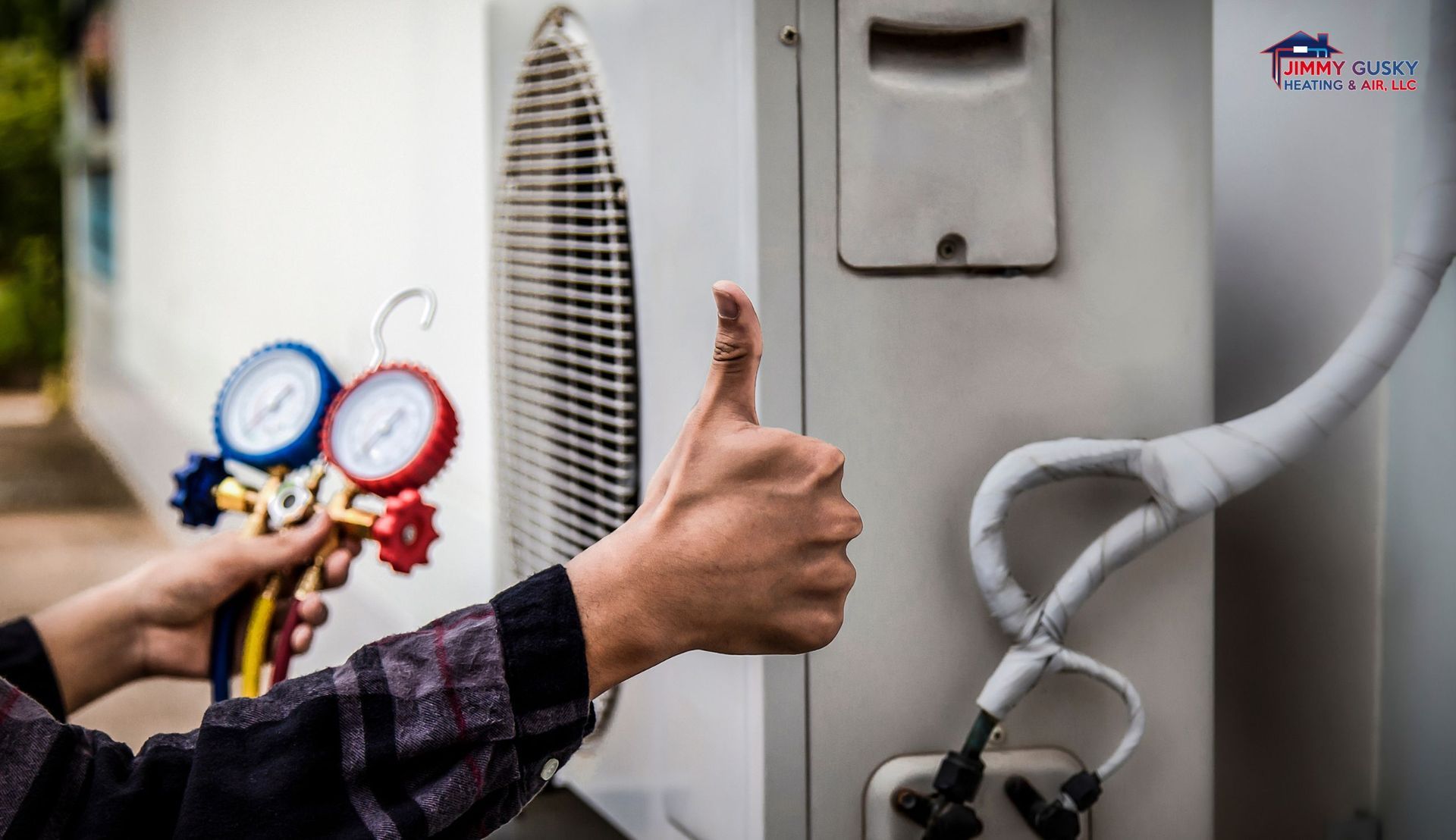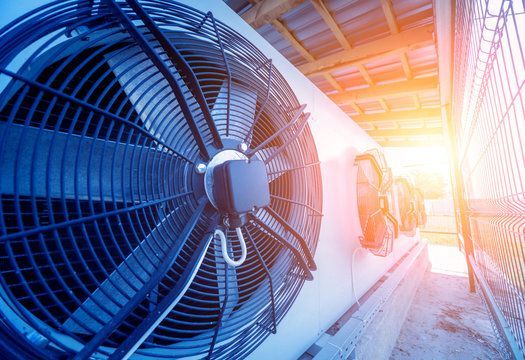HVAC System Noise: Identifying and Resolving Common Issues
Understanding HVAC System Noise

The HVAC (Heating, Ventilation, and Air Conditioning) system is an integral part of any home or commercial building, providing comfort and maintaining indoor air quality. However, when HVAC systems start making unusual noises, it can be a cause for concern. HVAC system noise can range from minor annoyances to indicators of serious underlying issues. In this blog post, we'll explore the common causes of HVAC system noise, how to identify them, and steps to resolve these issues.
HVAC systems typically consist of various components such as the compressor, condenser, evaporator coil, blower fan, and ductwork. Each of these components can produce noise under normal operation, but excessive or unusual sounds may indicate a problem. Some common types of HVAC system noise include:
1. Rattling or Clanking: Loose or damaged components such as screws, bolts, or fan blades can cause rattling or clanking noises when the HVAC system is in operation.
2. Hissing or Whistling: Air leaks in the ductwork or around seals and gaskets can result in hissing or whistling noises as air escapes.
3. Grinding or Screeching: Worn-out bearings or motor components can produce grinding or screeching noises, indicating the need for maintenance or replacement.
4. Banging or Thumping: Loose or unbalanced parts, such as blower wheels or compressor mounts, can cause banging or thumping noises as they vibrate against other components.
5. Clicking or Humming: Electrical issues, such as faulty relays or capacitors, can lead to clicking or humming noises when the HVAC system starts up or shuts down.
How Do Air Leaks In The Ductwork Contribute To Hissing Or Whistling Noises In HVAC Systems?
Air leaks in the ductwork are a common cause of hissing or whistling noises in HVAC systems. When there are gaps, cracks, or openings in the ductwork, air can escape from the system, creating a turbulent flow that produces these distinct sounds.
The hissing or whistling noise occurs as air rushes through the narrow openings in the ductwork, causing vibrations and turbulence. These vibrations generate sound waves that manifest as the characteristic hissing or whistling noise heard by occupants.
Several factors contribute to the occurrence of air leaks in ductwork:
1. Poor Installation: Improper installation of ductwork, such as poorly sealed joints or connections, can lead to air leaks. Over time, the seals may degrade or loosen, allowing air to escape.
2. Duct Damage: Ductwork can become damaged due to various reasons, including physical impact, corrosion, or aging. Small punctures, holes, or tears in the duct material can result in air leaks and subsequent noise generation.
3. Wear and Tear: Ductwork experiences wear and tear over time, especially in older systems. The seals, joints, and connections may degrade, resulting in air leaks that contribute to noise.
4. Pressure Imbalance: HVAC systems rely on a balanced airflow to operate efficiently. When there are air leaks in the ductwork, it can disrupt the airflow balance, causing pressure imbalances that result in noise generation.
Identifying the Source of HVAC System Noise
When troubleshooting HVAC system noise, it's essential to identify the source of the problem accurately. Here are some steps to help pinpoint the source of the noise:
1. Listen Carefully: Pay attention to the type, frequency, and location of the noise. Is it coming from the indoor unit, outdoor unit, or ductwork?
2. Check for Loose or Damaged Components: Inspect the HVAC system for any visible signs of loose or damaged components. Tighten screws, bolts, and fasteners as needed.
3. Inspect Ductwork: Check for signs of leaks, gaps, or damage in the ductwork. Use a flashlight to inspect hard-to-reach areas and listen for air leaks while the HVAC system is running.
4. Clean or Replace Air Filters: Dirty or clogged air filters can restrict airflow and cause the HVAC system to work harder, resulting in increased noise. Replace air filters regularly to maintain optimal performance.
5. Schedule Professional Inspection: If you're unable to identify the source of the noise or suspect a more significant issue, it's best to schedule a professional HVAC inspection. A qualified technician can diagnose the problem accurately and recommend appropriate repairs or maintenance.
Resolving Common HVAC System Noise Issues
Once you've identified the source of the HVAC system noise, it's time to take steps to resolve the issue. Here are some common solutions to address HVAC system noise problems:
1. Tighten Loose Components: If you notice any loose screws, bolts, or fasteners, tighten them securely to reduce vibrations and rattling noises.
2. Repair or Replace Damaged Parts: If components such as fan blades, motors, or bearings are damaged or worn out, repair or replace them as needed to restore proper operation.
3. Seal Air Leaks: Use duct sealant or foil tape to seal any leaks or gaps in the ductwork, ensuring that the HVAC system operates efficiently and quietly.
4. Lubricate Moving Parts: Proper lubrication of bearings, motors, and other moving parts can reduce friction and eliminate grinding or squealing noises.
5. Balance the HVAC System: If the blower fan or other components are unbalanced, adjust or balance them to minimize vibrations and banging noises.
6. Install Soundproofing Materials: Adding soundproofing materials to the HVAC system or surrounding areas can help dampen noise and improve overall comfort.
7. Schedule Regular Maintenance: Preventive maintenance is essential for keeping HVAC systems running smoothly and quietly. Schedule regular inspections, cleaning, and tune-ups to identify and address potential issues before they escalate.
HVAC system noise can be disruptive and indicate underlying issues that require attention. By understanding the common causes of HVAC system noise, identifying the source of the problem, and taking appropriate steps to resolve it, homeowners and building managers can ensure that their HVAC systems operate efficiently and quietly. Whether it's tightening loose components, sealing air leaks, or scheduling professional maintenance, addressing HVAC system noise promptly can help maintain indoor comfort and prolong the lifespan of the system. If you're experiencing persistent or severe HVAC system noise, don't hesitate to contact a qualified HVAC technician for assistance.
All Rights Reserved | Jimmy Gusky Heating & Air, LLC, all rights reserved.
2604 Connecticut Avenue Northwest, Suite 400, Washington, DC 20008 (202) 246-9380




